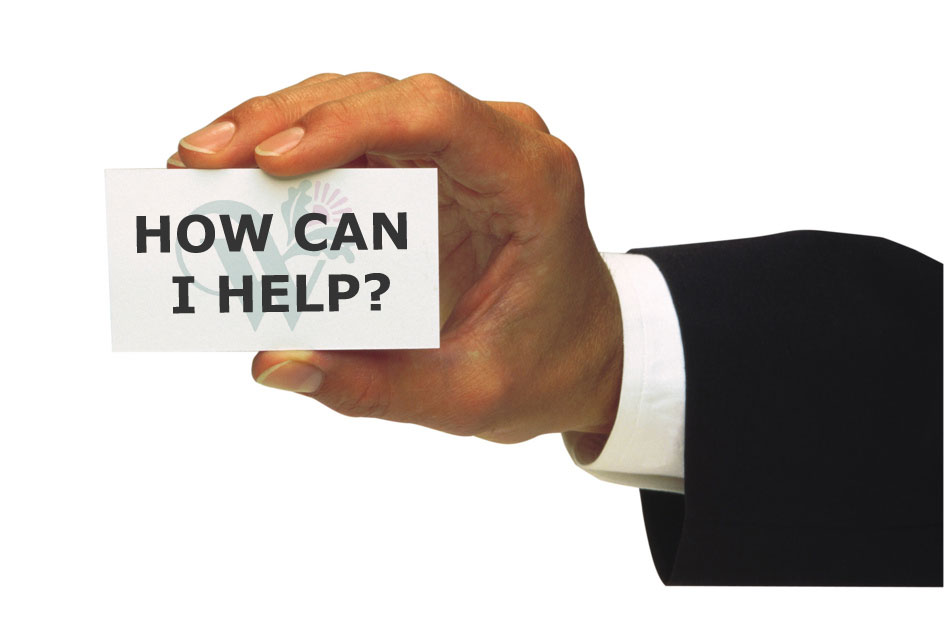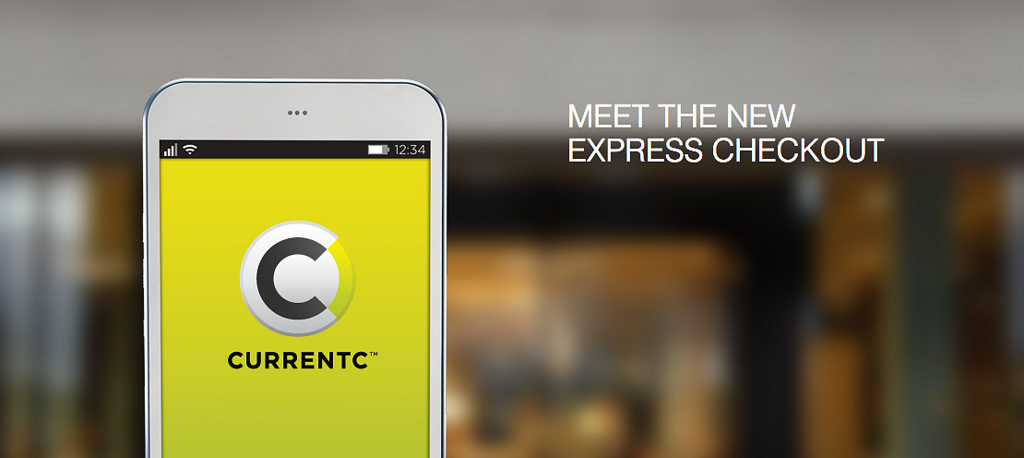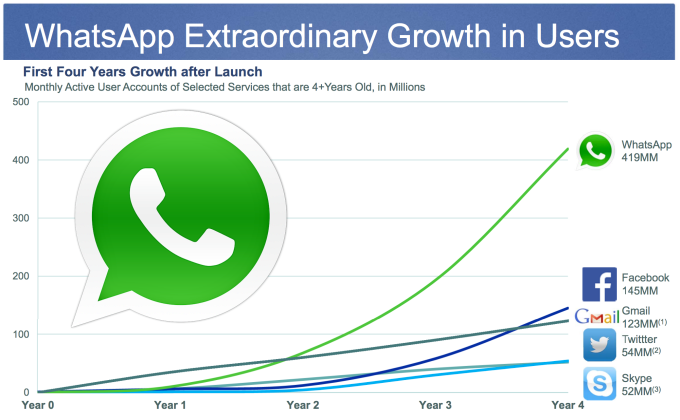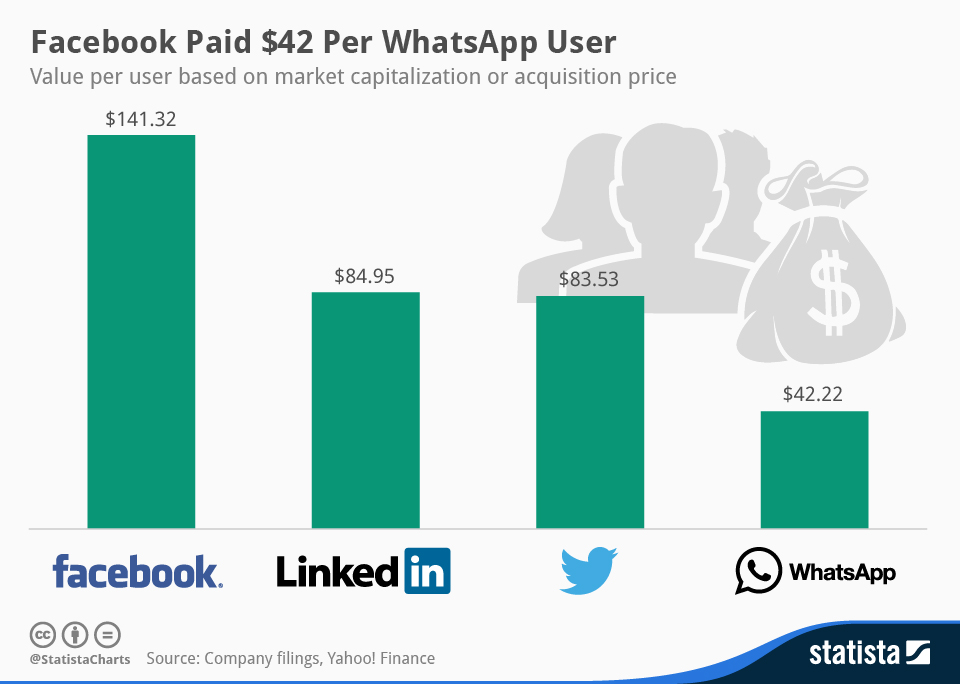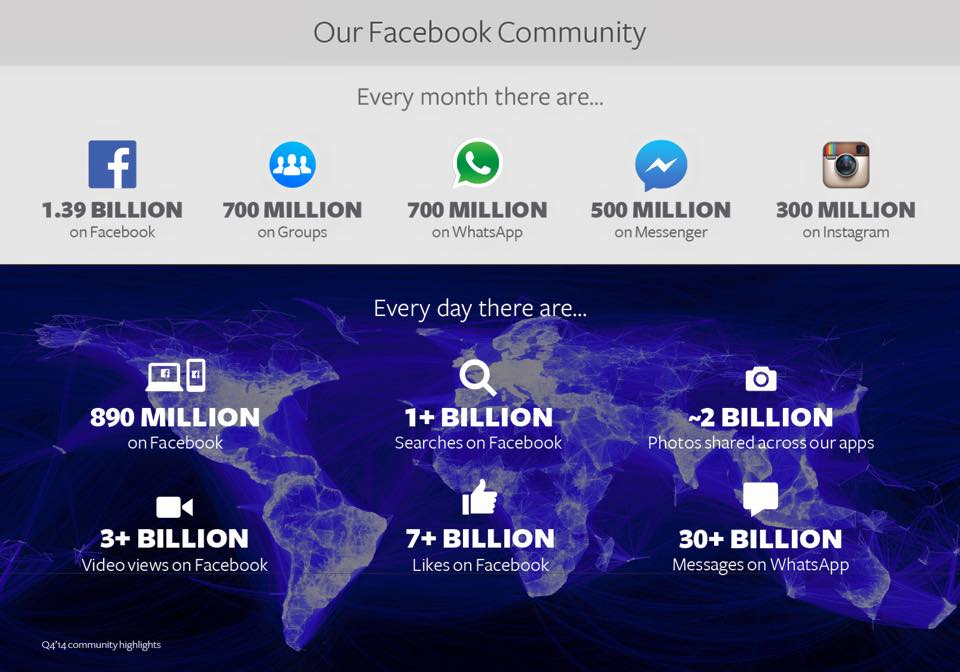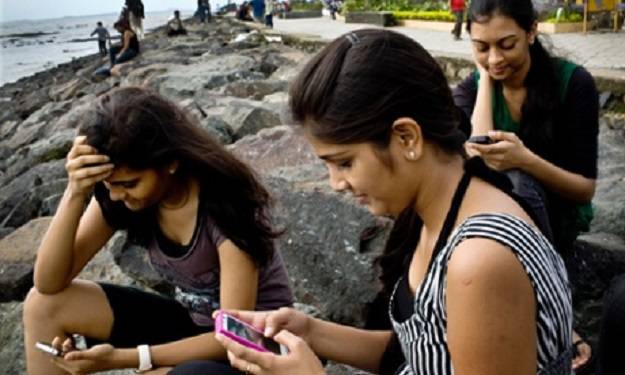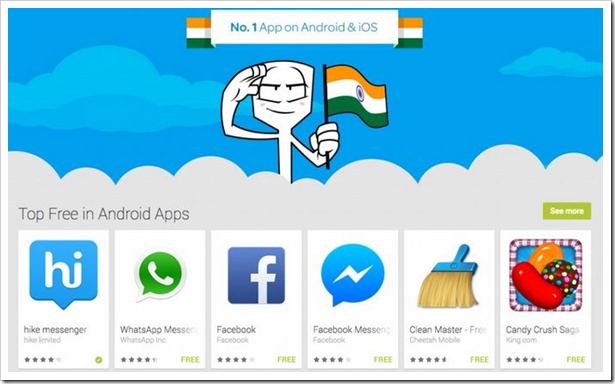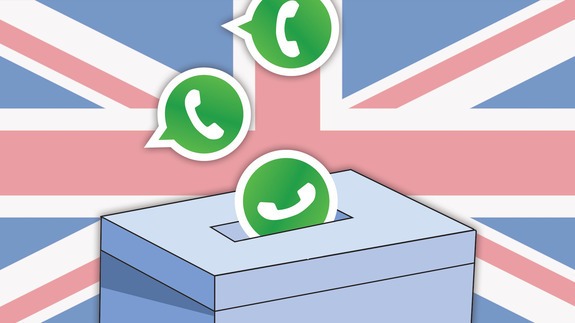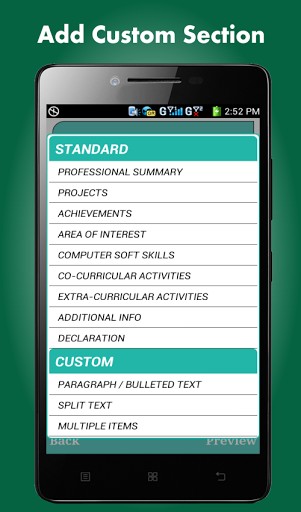The huge popularity of WhatsApp has many entrepreneurs wondering if they can use the messaging solution for business communications. WhatsApp does have some attractive features, especially for small business and startups: It is free, it is easy to use, and many customers, clients, and employees are already familiar with the service.
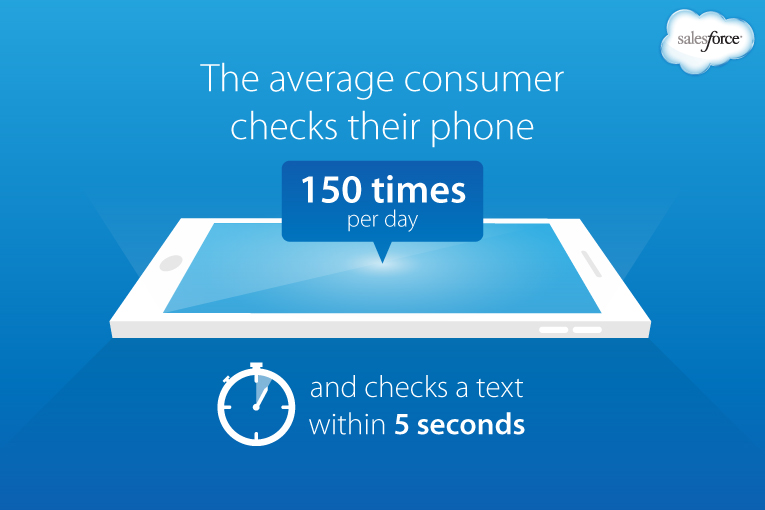
Yet many managers will have doubts about WhatsApp, including security and image concerns. Some people will think the service makes their company look unprofessional, while others will worry that it can be easily cracked by criminals.
Despite these concerns, it is possible to use WhatsApp for business communication if a successful strategy is used in its implementation. News stories indicate that entrepreneurs in a variety of countries and businesses are successfully leveraging WhatsApp for business communications and marketing.
WhatsApp as a Sales Tool
Not surprisingly, one of the most common and successful functions to use WhatsApp for is customer contact. It can be highly effective in businesses that rely on sales based on direct contact between customers and salespeople.
Rare Pink, a London jeweler that creates custom diamond rings, has successfully used WhatsApp to solicit large orders from high-income customers. The company’s co-founder, Nickolay Piriankov, noted that a trader in the City, Britain’s Wall Street, used WhatsApp to order a ring worth $19,799.26.
The customer communicated through WhatsApp because her employer would not let her make phone calls at work, Piriankov told The Telegraph. WhatsApp enabled the customer to see the ring she wanted, pick it out, and maintain contact with Rare Pink’s salesperson. One of the most useful features WhatsApp provides Rare Pink’s sales people is the ability to send videos and pictures of jewelry to customers instantly.

WhatsApp is so useful that Piriankov redesigned Rare Pink’s website to integrate both WhatsApp and its Chinese Counterpart, We Chat. That will enable the company to send messages straight from the website to potential customers that want to use WhatsApp. Videos of diamonds sent through WhatsApp are a powerful driver of jewelry sales.
Piriankov estimates that Rare Pink now does around $380,755 a year in sales through social messaging. Social messaging can be a highly effective means of reaching women customers that like to have more contact with sales professionals.
Instant Contact with Customers
Another use for WhatsApp is fast follow-up with customers, especially with sales leads and service business customers. London tailor and fashion designer Robert Revilla uses WhatsApp to respond instantly to his customers, The Telegraph reported.
Revilla likes the service because it enables him to respond to a customer communication in a matter of seconds at the press of a button. Revilla estimates that his company has reduced the amount of time it spends responding to customers by 320 hours. That has enabled him to trim expenses by around $121,184 a year.
Expenses were cut because staff had more time to do their jobs. This means WhatsApp can help address a major complaint of service professionals; they spend more time trying to make contact with clients than actually doing their jobs.
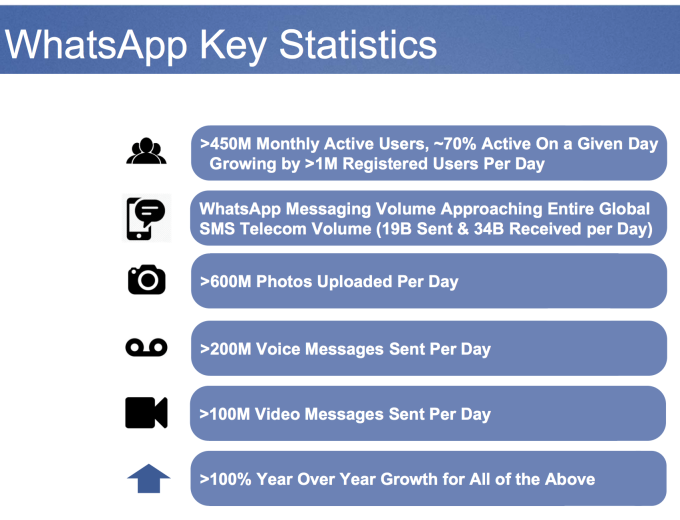
One reason why WhatsApp saves time is that the average text message is read within 90 seconds, while it takes an employee up to 90 minutes to respond to an email. This can improve customer service by allowing somebody to instantly address an issue or concern.
Yet another great use for WhatsApp is to send out updates to all customers. This can enable a business to instantly tell customers about a new product or service or a price change. Customers can also be informed of interruptions in service or developments, such as days when the office is going to be closed.
Marketing Communications
Not surprisingly, the greatest potential of WhatsApp could be as a marketing tool. The ability to send out short video clips is a powerful one that can send visual images of products directly to customers.
Rare Pink has already proven its power by selling high-priced jewelry. Other products that could potentially be marketed through WhatsApp include real estate, vehicles, and clothing.

Simply asking customers for WhatsApp numbers or putting WhatsApp contact information on product packaging is a good way to reach out to new customers. Colgate toothpaste was able to reach thousands of customers by putting a WhatsApp number on its boxes. Colgate then invited the customers to send in pictures of their smiles to demonstrate its product’s effectiveness.
Ideally this could create a community of connected customers that use WhatsApp to stay in constant contact with a business. For example, a restaurant could send out a message every time it adds a new dish to the menu. The message could include a video of the food or customers talking about how much they enjoy it. A car dealership might encourage people to post pictures of themselves with their new vehicles.
WhatsApp for Word of Mouth
The most valuable aspect of this is that it reaches out to existing customers and encourages word-of-mouth advertising. Word of mouth, which consists of recommendations from friends, family, coworkers, etc., is still the most powerful form of marketing.
If you can figure out a way to get your customers to send WhatsApp messages about your products or services to their friends, you can generate an incredible amount of word of mouth. One way to do this is with special promotions. For example, a restaurant could give a free meal or discount to anybody that successfully refers a friend to eat there.
Another method would be to run a best video contest in which a customer receives a prize for the best video clip of the company’s product. That clip could then be sent out to all the customers via WhatsApp.
WhatsApp for Seamless Communication
The best feature of WhatsApp is its ability to ensure seamless communication. It can ensure instant connectivity between members of a team and customers.
For example, a sales manager could receive a message from a potential customer and instantly refer it to a member of her staff. The salesperson could instantly follow up with a message and video of the company’s product.
WhatsApp could just be the cheapest and most powerful business communications tool available today. Firms that figure out how to harness its power could increase sales while reducing costs.

